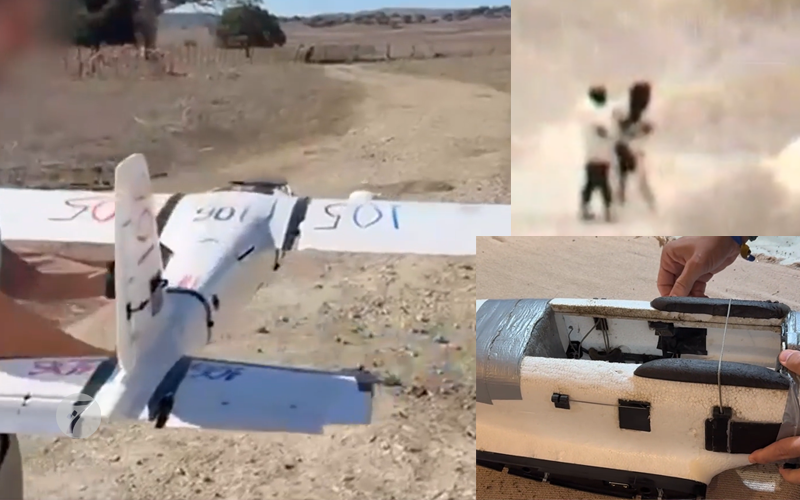A study published Thursday in the journal Cell reveals that hybridization between tomatoes and certain types of potatoes led to the emergence of modern potatoes.
The origin of potatoes, one of the world’s most important crops, has long perplexed scientists. However, a multinational team of researchers has seemingly uncovered the secret through the analysis of 450 genomes from cultivated potatoes and 56 species of wild potatoes.
Chiang Chang, the lead author of the study from the Agricultural Genomics Institute in Shenzhen, China, stated, “Collecting samples of wild potatoes is very challenging, making this the most comprehensive genomic dataset of wild potatoes ever analyzed.”
The researchers found that the genetic makeup of modern potatoes comes from two ancient sources. Approximately 60% of the genetics derives from the Erythronium, a group containing three types from Chile that resemble modern potato plants but lack tubers, the edible part of potatoes. The remaining 40% comes from tomatoes, a ratio applicable to all potato varieties, whether wild or cultivated.
Sandra Knapp, a plant scientist at the Natural History Museum in London, remarked to AFP that this conclusion “clearly indicates that it is an ancient hybridization rather than multiple later genetic exchanges.”
Co-researcher and professor at the University of British Columbia, Loren Rieseberg, noted that the study indicates a “radical change” in evolutionary biology. While it was previously believed that random mutations were the primary source of new species, “we now agree that the importance of hybridization has been underestimated.”
The divergence between Erythronium and tomatoes is believed to have started around 14 million years ago and ended approximately 9 million years ago. In modern potatoes, the gene associated with tubers originates from tomatoes; however, it can only be coupled with a gene from Erythronium responsible for underground plant growth.
Another critical aspect of modern potatoes is their ability to reproduce asexually, eliminating the need for seeds or pollination. This trait allowed them to grow rapidly in South America before humans transported them worldwide.
Co-researcher and professor at the Agricultural Genomics Institute in Shenzhen, Sanuin Huang, told AFP that his lab is currently working on hybrid potatoes capable of reproducing with seeds to accelerate cultivation.
















